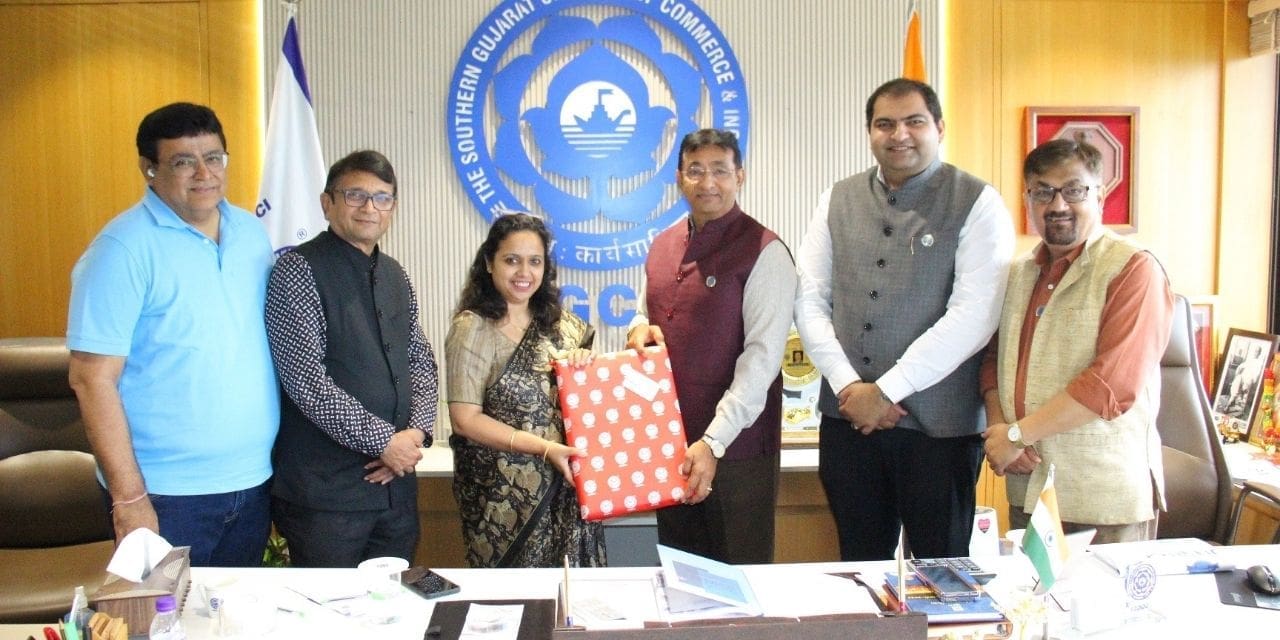New Delhi, July 25, 2024: The Confederation of Indian Textile Industry and the Fair Wear Foundation have collaborated to run an extensive one-year program with the goal of improving Indian textile exporters’ understanding of the upcoming EU due diligence frameworks and amplifying the voices of suppliers in the consultations. This is done through a formal Memorandum of Understanding. Beginning in May 2024, European corporations are required by the Corporate Sustainability Due Diligence Directive to thoroughly investigate human rights and environmental issues throughout global supply chains.
This law is expected to reduce the diversity of reporting obligations, promote equality of opportunity, and provide legal clarity by creating a common legal framework across the EU. Due diligence processes related to human rights and the environment can now be implemented by Indian firms.
According to Sh. Rakesh Mehra, Chairman of CITI, “the CSDDD is a transformative development for the Indian textile and apparel sector.” “By embracing this directive, our industry can not only meet global standards but also leverage shared responsibilities with brands, engage meaningfully with stakeholders, and address power imbalances.”
A capacity building workshop titled “Sustainable Practices: Navigating Social and Environmental Compliances” was organized by the Fair Wear Foundation and CITI in cooperation with the South Gujarat Chamber of Commerce and Industry (SGCCI) in Surat on July 24, 2024.
The Regulatory Representatives & Managers Association (RRMA) and Fair Wear Foundation, two knowledge partners, shared their perspectives throughout the event and emphasized the significance of chemical compliance in the textile value chain.
Participants received instruction on social due diligence, including the CSDDD’s effects on brands, an overview of their environmental and due diligence responsibilities, and a description of the strategy the directive specifies for combating climate change. Important talks covered topics such as business partner responsibilities, government monitoring and punishments, brand responsibility, and incorporating due diligence into corporate policy.
The global regulatory landscape for chemical management in different nations has been discussed by RRMA and ZDHC, with an emphasis on how crucial compliance with laws is to safeguard the environment and public health. It talks about certain laws, accountable bodies, duties of compliance, the circular economy, and environmentally friendly chemical management techniques. With an emphasis on regulatory standards, hazardous chemical classification, sustainability certificates, and the worldwide regulatory environment, the publication seeks to shed light on chemical compliance in the textile industry.

